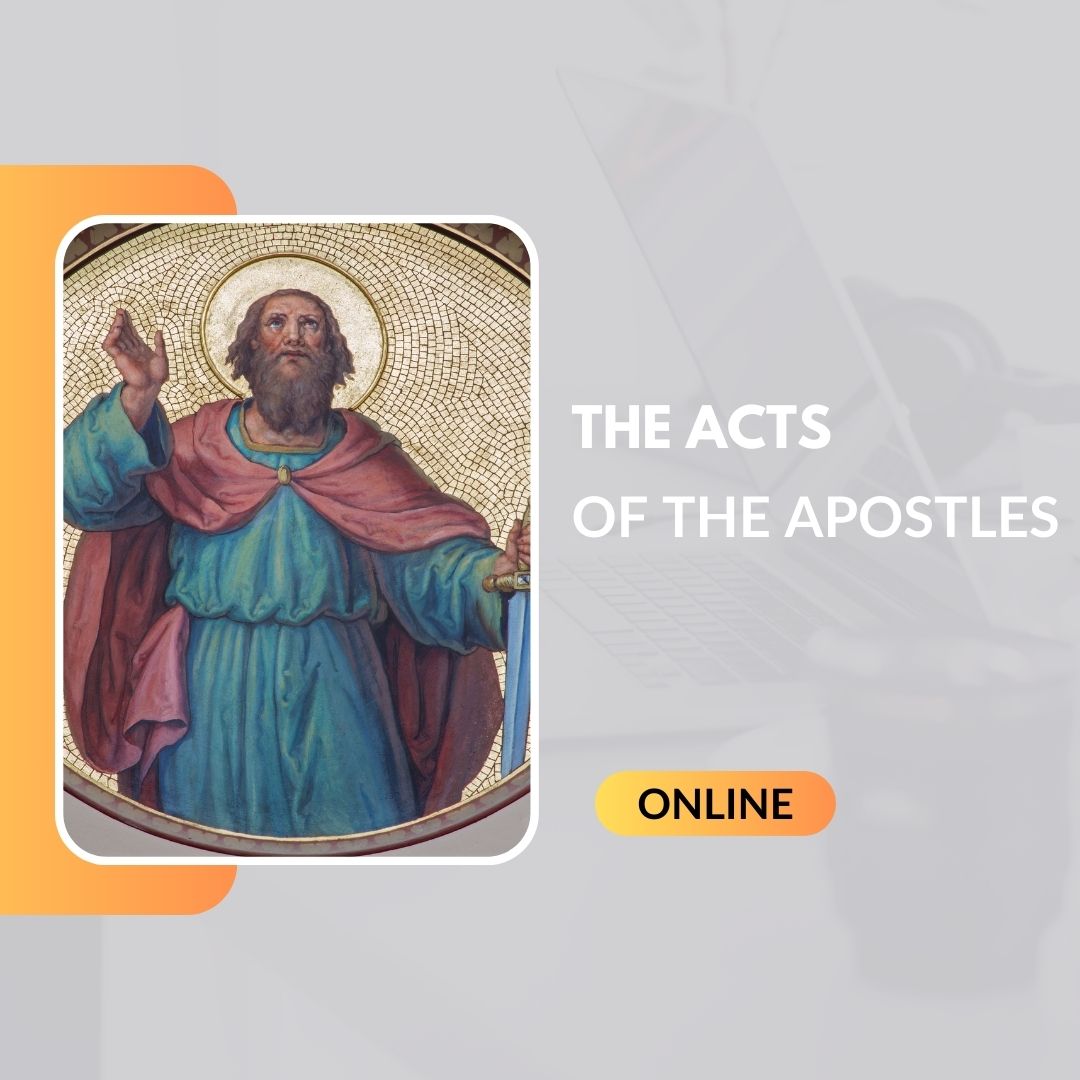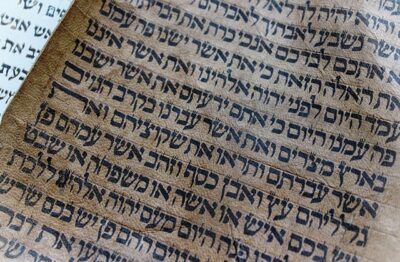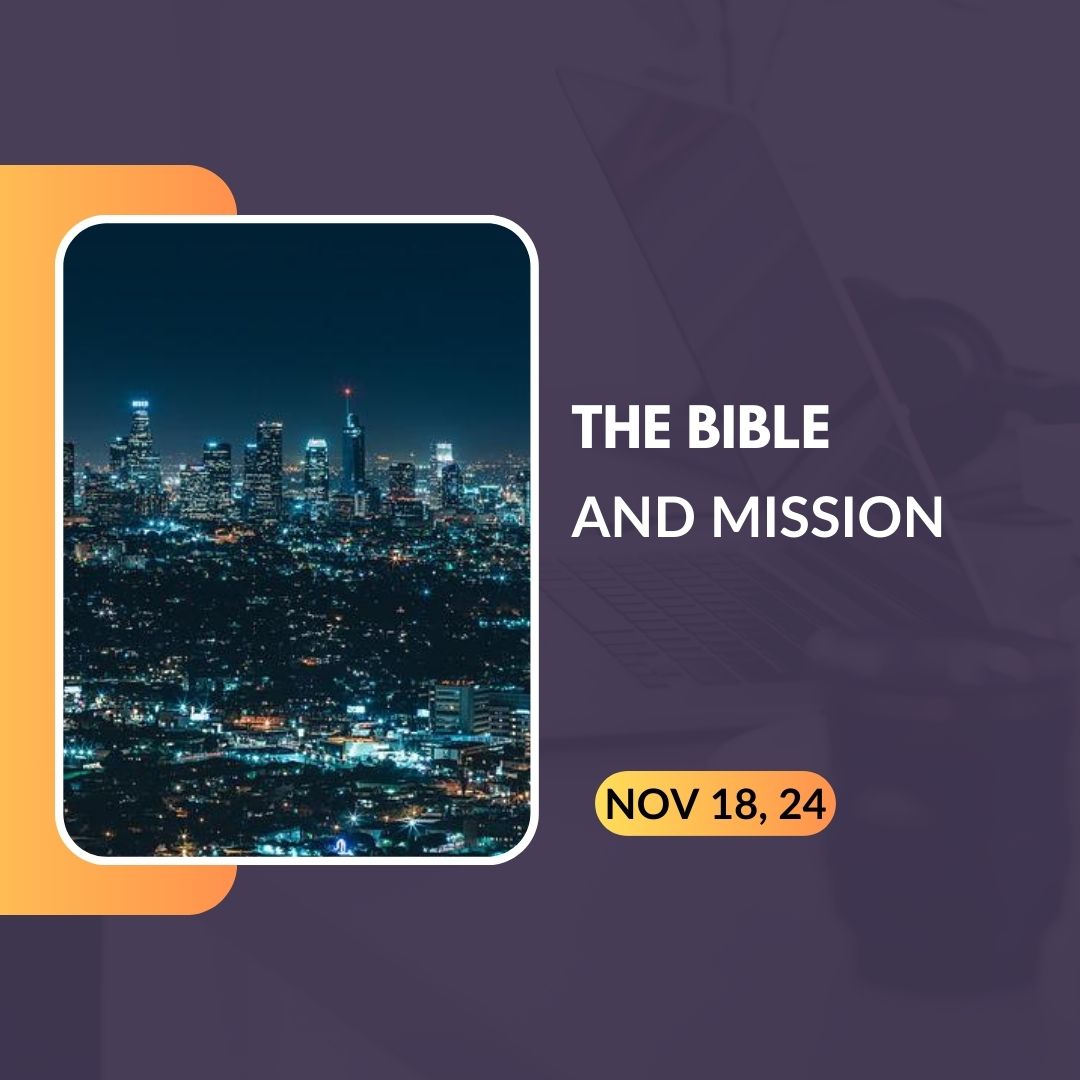- 12/07/25
- 4 Students
Acts of the Apostles
The Book of Acts, also called "The Acts of the Apostles," is the
- 2/07/22
- 8 Students
Introduction to the Pentateuch
The first five books of the Old Testament are commonly called the Pentateuch.
- 30/05/22
- 13 Students
The Apostles Creed
There are many denominations, divisions and theological disputes in the modern church. But
- 31/05/22
- 10 Students
Building Your Theology
OverviewCourse DescriptionModern evangelical theology is flooded with conflicting viewpoints. Many of these disagreements
- 28/05/22
- 15 Students
Kingdom, Covenants and Canon in the Old Testament
Unfortunately, many modern Christians lack a firm understanding of the theology and significance
- 31/05/22
- 4 Students
The Gospels
Course DescriptionIn our Introduction to the Gospels, we will touch on four crucial
- 31/05/22
- 11 Students
Kingdom and Covenant in the New Testament
OverviewCourse DescriptionHave you ever wondered why the New Testament gives so much attention







